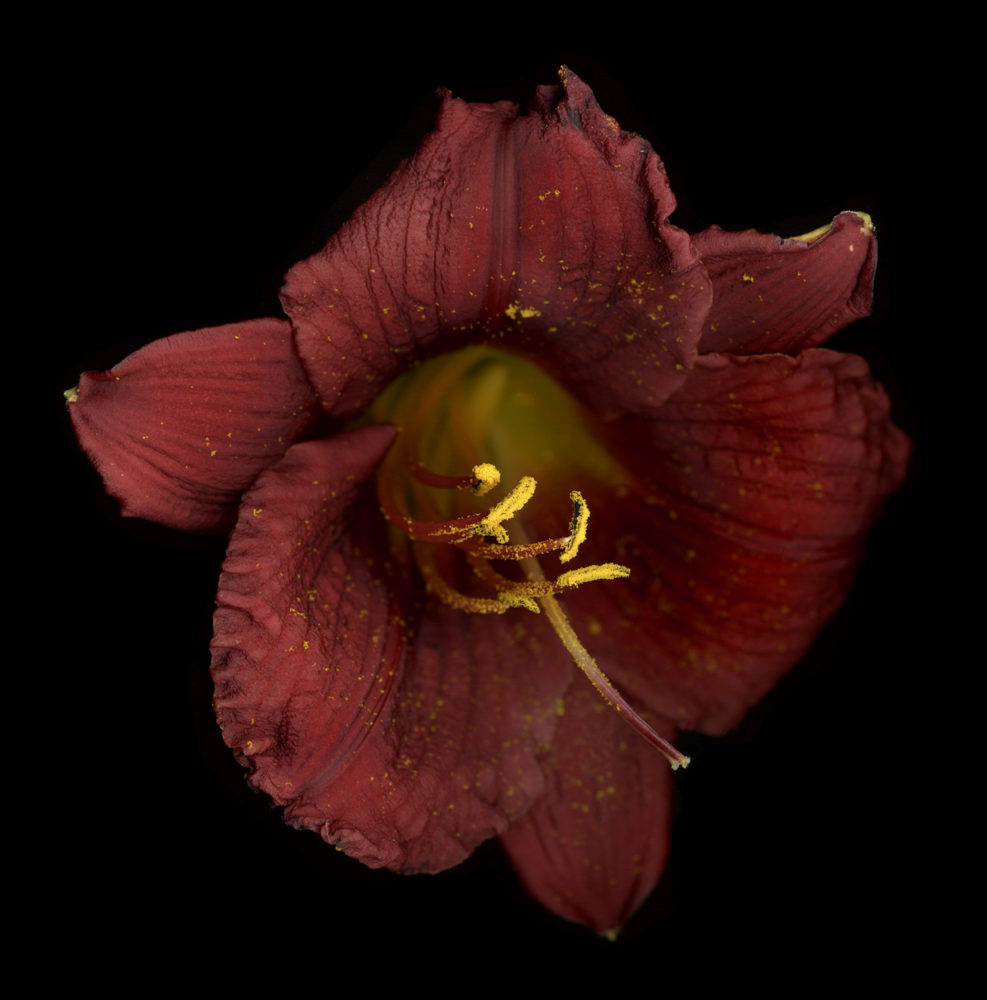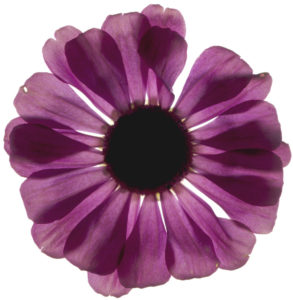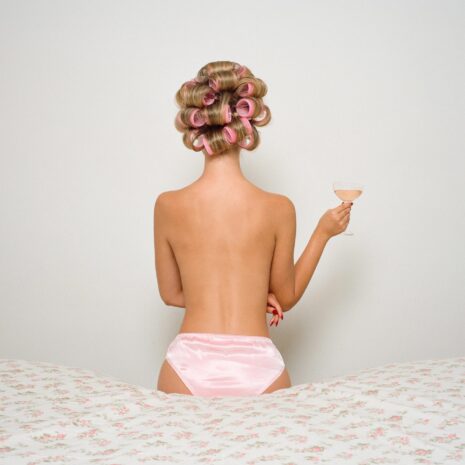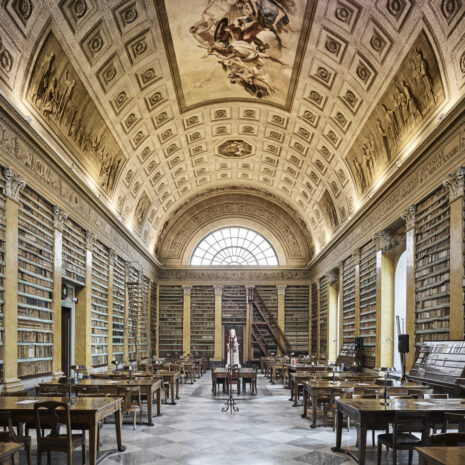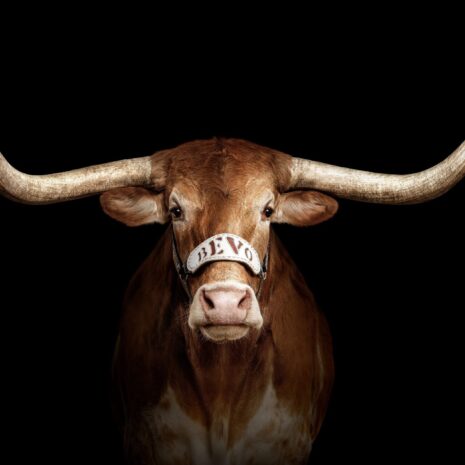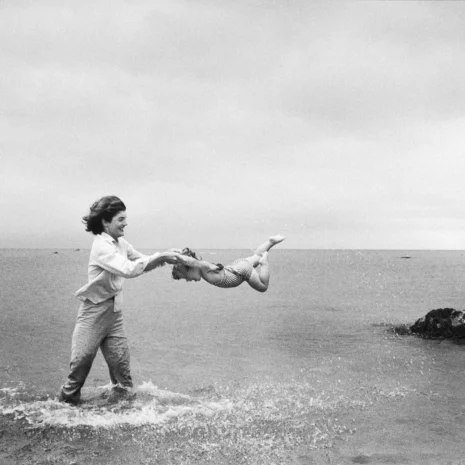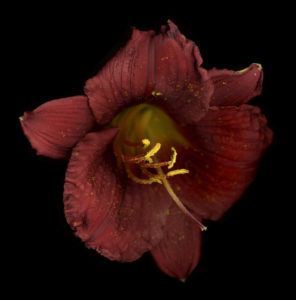Untitled Flower #26
Medium: Hahnemuhle Photo Rag Matte Paper with Epson archival quality ink
Year: 2002
Edition Size: 25
I began using a scanner as a camera in 1997 and began this botanical series in this series in 2001. Using the scanner as the camera, is a rediscovery of image making. It's reminiscent or mirrors, in both process and aesthetics, the historic images of those first photograms and cyanotypes. Compare it with William Henry Fox Talbot’s 1840 photogram of a Byron poem or the cyanotypes of Anna Atkins.(see below) This photographic process has grown in use over the past decade and a half and has been dubbed “scanography”. It’s most prevalent use is in the recording of botanical objects, which to me is not surprising. For some primordial reason when a new image making process or technique is created we innocently throw nature onto its surface, as some kind of ongoing test. Perhaps looking to see if it can match our own perceptual abilities and/or move beyond it. Scanography, to my estimation has come the closest to fulfilling this goal.To create these images, I use the digital flatbed scanner as a camera and treat the objects as if it were film. In some images (the white background) the object is backlit during the scanning process just as a sheet of film or a slide would be. What results is a translucent image of the object. Something similar to the experience of viewing stain glass windows.To articulate the detail, character, and topography of each individual subject, Ratherthan a still life or a photographic documentation, through this process, are transformed into portraits.In a sense it depicts their humanity.


